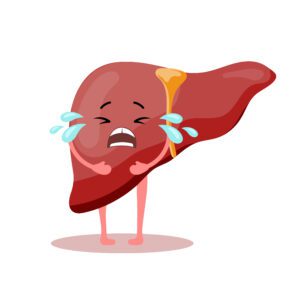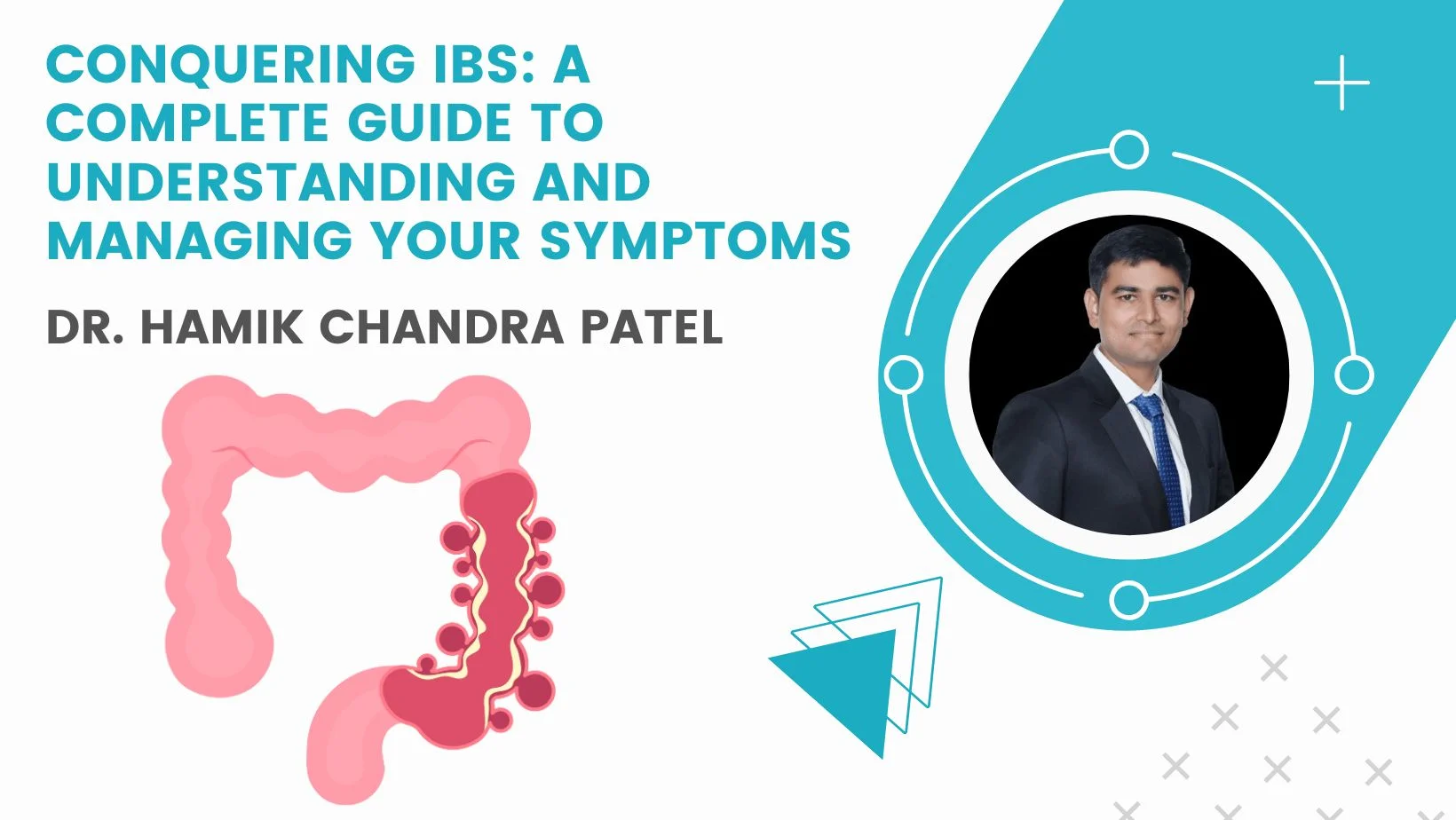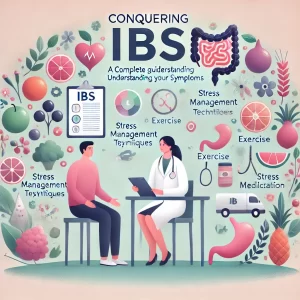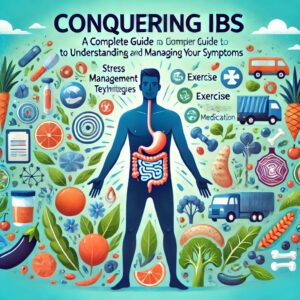Fatty liver disease is becoming one of the most common liver conditions worldwide, affecting millions of people. Whether you’re in Ahmedabad or anywhere else, the rising prevalence of this condition highlights the importance of understanding its causes, risks, and treatment options. In this blog, we will explain what fatty liver disease is, the causes and risks associated with it, and how you can manage it with effective treatment options available at
Fatty Liver Disease Treatment in Ahmedabad.
What Is Fatty Liver Disease?
Fatty liver disease o

ccurs when there is an excessive accumulation of fat in the liver cells. While it is common for the liver to store some fat, excessive fat can lead to inflammation, liver damage, and even liver failure in severe cases.
There are two main types of fatty liver disease:
- Non-Alcoholic Fatty Liver Disease (NAFLD): This is the most common type, typically related to factors like obesity, diabetes, and poor diet.
- Alcoholic Fatty Liver Disease (AFLD): This occurs when excessive alcohol consumption leads to fat buildup in the liver.
Fatty liver disease can range from mild to severe, and in some cases, it can develop into cirrhosis or liver cancer if not treated.
Causes of Fatty Liver Disease (What Is Fatty Liver Disease?)
There are several factors that contribute to the development of fatty liver disease, and they vary depending on the type (NAFLD or AFLD). Common causes include:
- Obesity
Being overweight or obese is one of the primary risk factors for fatty liver disease. Excess body fat leads to fat accumulation in the liver, causing the condition to develop.
- Type 2 Diabetes
People with Type 2 diabetes are more likely to develop fatty liver disease due to insulin resistance, which affects the body’s ability to process fat.
- Poor Diet
A diet high in unhealthy fats, sugars, and processed foods increases the likelihood of fatty liver disease. Lack of nutrients and excessive calorie intake can overwhelm the liver.
- Excessive Alcohol Consumption
For those with
alcoholic fatty liver disease, chronic and heavy alcohol consumption is a major cause. Alcohol interferes with the liver’s ability to process fats, leading to fat buildup.
- Genetics and Family History
If someone in your family has had fatty liver disease, you may be at an increased risk of developing it yourself.
- Medications
Certain medications, such as corticosteroids, can increase fat buildup in the liver. Always consult your doctor before making any changes to your medication regimen.
- Other Medical Conditions
High blood pressure, high cholesterol, and sleep apnea have also been associated with a higher risk of developing fatty liver disease.
Risks Associated with Fatty Liver Disease
If left untreated, fatty liver disease can lead to severe complications, such as:
- Cirrhosis
This is the most serious complication, where the liver becomes scarred and loses its ability to function properly. Cirrhosis is often irreversible and can lead to liver failure.
- Liver Cancer
Over time, the damage from fatty liver disease can increase the risk of liver cancer (hepatocellular carcinoma), especially in those with cirrhosis.
- Heart Disease
People with fatty liver disease are at a higher risk of developing cardiovascular problems, including heart attack and stroke.
- Liver Failure
In advanced stages, fatty liver disease can lead to liver failure, where the liver is no longer able to perform its essential functions, requiring a liver transplant in extreme cases.
- Diabetes and Other Metabolic Disorders
Fatty liver disease is closely linked with metabolic disorders like insulin resistance, which can worsen other chronic conditions such as diabetes.
 Treatment Options for Fatty Liver Disease
Treatment Options for Fatty Liver Disease
If you’ve been diagnosed with fatty liver disease, there are several treatment options available. The first step is always to consult with a healthcare provider for an accurate diagnosis and personalized treatment plan.
- Lifestyle Changes
The most effective treatment for fatty liver disease is often lifestyle modification. This includes:
- Losing weight: Even a small reduction in body weight can significantly improve liver health.
- Improving diet: Eating a healthy, balanced diet rich in fruits, vegetables, whole grains, and lean proteins helps reduce fat accumulation in the liver.
- Exercise: Regular physical activity, such as walking, swimming, or cycling, can help burn excess fat and improve liver function.
- Medications
While there are no specific medications approved to treat fatty liver disease directly, doctors may prescribe medications to manage associated conditions such as diabetes, high cholesterol, or high blood pressure. In some cases, vitamin E and other antioxidants may be recommended to reduce liver inflammation.
- Managing Underlying Conditions
Controlling risk factors like Type 2 diabetes, obesity, and high cholesterol can slow the progression of fatty liver disease and reduce the risk of complications.
For individuals with
alcoholic fatty liver disease, the most effective treatment is to stop drinking alcohol entirely.
- Regular Monitoring
For patients with advanced fatty liver disease, regular monitoring through blood tests and imaging studies is important to track liver health and catch complications early.
- Advanced Treatments
In severe cases of fatty liver disease, such as cirrhosis or liver failure, a liver transplant may be the only option. However, this is usually a last resort, after all other treatments have been exhausted.
Why Choose Dr Gastro for Fatty Liver Disease Treatment in Ahmedabad?
At
Dr Gastro, we offer comprehensive diagnosis and treatment options for fatty liver disease. Whether you are in the early stages or need advanced treatment options, our expert team is here to help. We provide:
- Advanced Diagnostic Tools: From blood tests to imaging studies, we use the latest technology to accurately diagnose and assess fatty liver disease.
- Personalized Care Plans: Each patient is different, and we offer tailored treatment plans to ensure the best outcomes.
- Experienced Team of Specialists: Our gastroenterologists are highly trained in managing liver conditions, including fatty liver disease.
- Comprehensive Follow-up: We provide ongoing care to monitor your progress and adjust your treatment plan as needed.
Conclusion: Don’t Wait to Take Action
Fatty liver disease can be a serious condition, but with the right care and treatment, it is manageable.
Fatty liver disease treatment in Ahmedabad is available at Dr Gastro, where our team of experts will guide you through every step of your treatment.
If you’re dealing with fatty liver disease symptoms, schedule a consultation today and take control of your liver health. With the right treatment, you can live a healthier, more active life.
YouTube – Understanding Fatty Liver Disease Video
Contact us today at
Dr Gastro for personalized care and effective treatment options for fatty liver disease.







 Understanding cost helps patients plan financially—not just the surgical fee but associated factors as well. Here’s what current data shows:
Understanding cost helps patients plan financially—not just the surgical fee but associated factors as well. Here’s what current data shows:
 Why Choose Dr Gastro for Hernia Surgery in Ahmedabad
Why Choose Dr Gastro for Hernia Surgery in Ahmedabad

 ccurs when there is an excessive accumulation of fat in the liver cells. While it is common for the liver to store some fat, excessive fat can lead to inflammation, liver damage, and even liver failure in severe cases.
There are two main types of fatty liver disease:
ccurs when there is an excessive accumulation of fat in the liver cells. While it is common for the liver to store some fat, excessive fat can lead to inflammation, liver damage, and even liver failure in severe cases.
There are two main types of fatty liver disease:
 Treatment Options for Fatty Liver Disease
If you’ve been diagnosed with fatty liver disease, there are several treatment options available. The first step is always to consult with a healthcare provider for an accurate diagnosis and personalized treatment plan.
Treatment Options for Fatty Liver Disease
If you’ve been diagnosed with fatty liver disease, there are several treatment options available. The first step is always to consult with a healthcare provider for an accurate diagnosis and personalized treatment plan.





